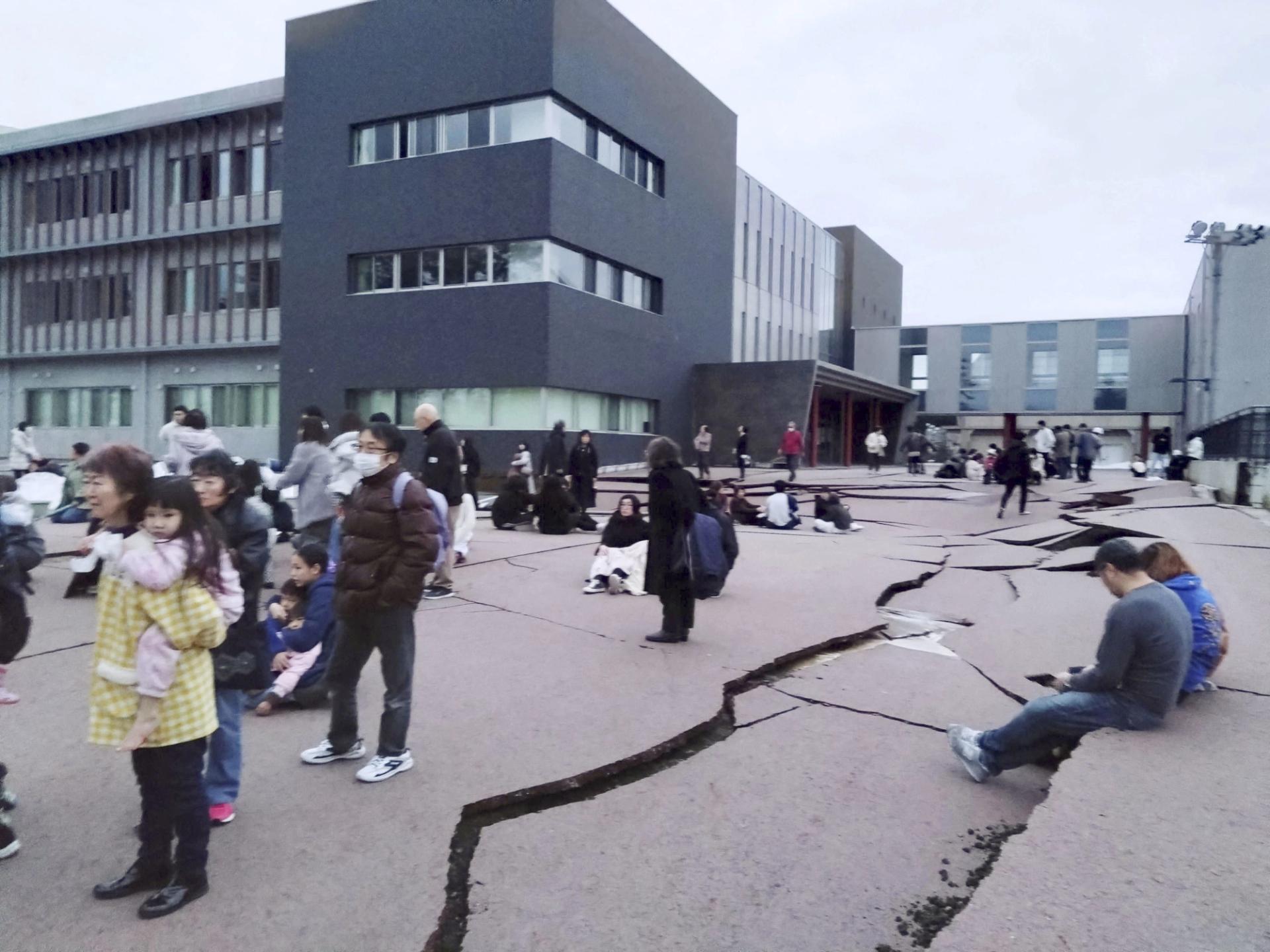The News
A massive 7.6 magnitude earthquake struck central Japan on Monday, triggering a major tsunami warning, forcing evacuations, and renewing fears of the deadly 2011 earthquake and tsunami that caused the Fukushima nuclear disaster.
Authorities first warned of waves reaching as high as 5 meters (16 feet) in Ishikawa, as well as 3 meter (9.84 feet) waves in Niigata and Toyama prefectures.
It was the first time authorities had issued a “major tsunami warning” in Japan since 2011, but it was later downgraded to a “tsunami warning” for Ishikawa. Later Monday, the U.S.-based Pacific Tsunami Warning Center said the tsunami threat had “largely passed.”
Tsunami warnings were issued in South Korea, Russia, and North Korea. South Korean officials recorded small tsunami waves off of its east coast. Waves are considered to be tsunami waves if they reach heights of 50 centimetres (20 inches) or more.
SIGNALS
Japan’s earthquake early warning system is one of the world’s most advanced
Japan’s earthquake detection system alerts residents to strong quakes moments before they hit, sending alerts to mobile phones. The alerts come just seconds before tremors begin, but provide crucial warning so that people can protect themselves in the most earthquake-prone country in the world. An app that pushes quake warnings to phones saw its downloads jump more than ten-fold following the massive March 2011 earthquake. While the system can sometimes send out false alarms, it’s highly popular with the Japanese public: “It’s only a few seconds before the shaking that you get the warning sign, but because you get this warning you’re able to protect your body against hazards,” one woman told The Los Angeles Times in 2021.
National attitude to nuclear power changed dramatically after 2011 earthquake
Fukushima highlighted the precarity of Japan’s energy system. The nation was hit with rolling blackouts as reactors shut down following the 9.0-magnitude quake and tsunami which struck the nation’s eastern Tohoku region in 2011, and fossil fuel use skyrocketed. Distrust in nuclear energy following the Fukushima nuclear disaster slowed Japan’s net zero ambitions as the country turned away from nuclear power. In recent years, however, the nation has made a slow return to nuclear energy in the face of climate change and an energy crisis. Public opinion has yet to catch up with the ambitions of policy makers hoping to revive nuclear generators: Around two-thirds of the public wanted to phase out or abolish nuclear energy in 2021.


